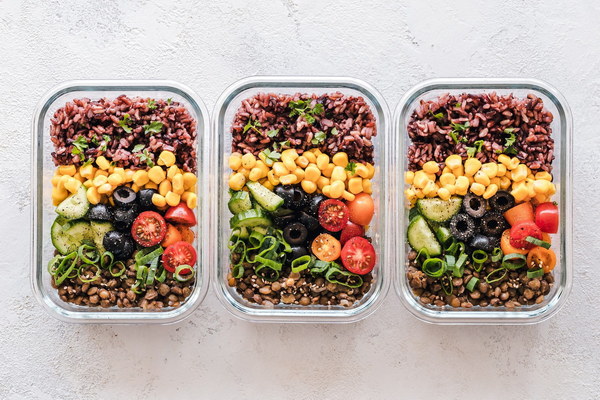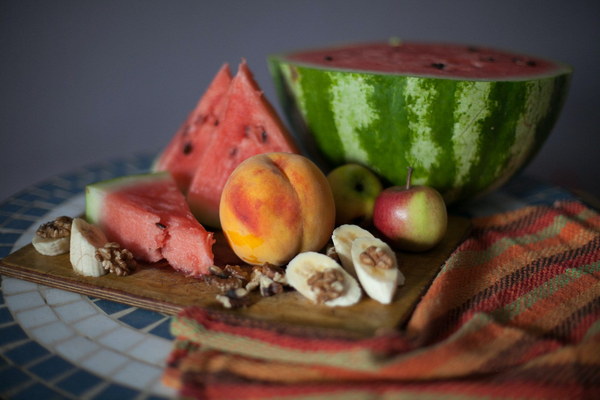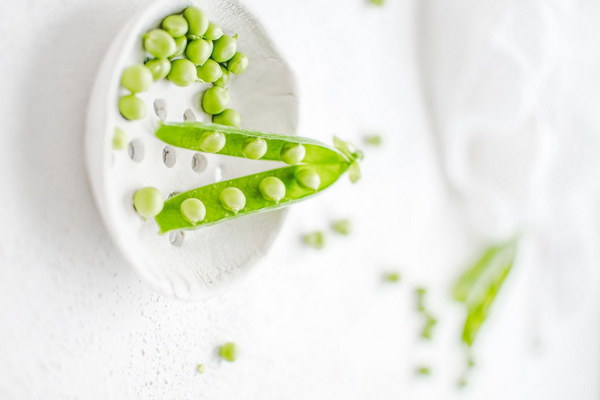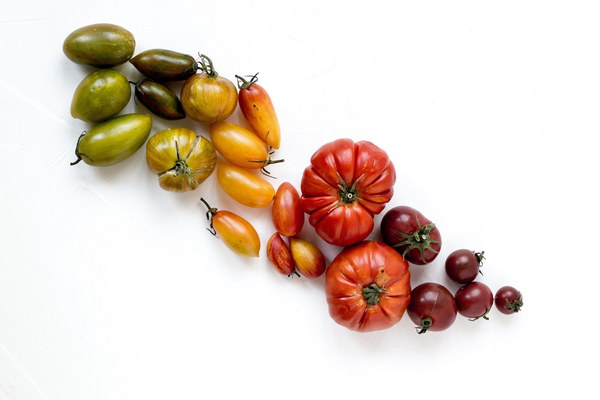Natural Remedies and Dietary Approaches to Treating Synovitis
Synovitis, an inflammation of the synovial membrane that lines the joints, can be a painful and discomforting condition. While medication is often prescribed to manage symptoms, dietary interventions can also play a significant role in reducing inflammation and promoting joint health. Here’s a guide on how to use food as a natural remedy for synovitis.
Understanding Synovitis and Inflammation
Synovitis occurs when the synovial membrane, which produces synovial fluid to lubricate the joints, becomes inflamed. This inflammation can be caused by various factors, including injury, infection, autoimmune diseases, or overuse. Symptoms of synovitis include joint pain, swelling, stiffness, and reduced range of motion.
Dietary Principles for Synovitis
1. Anti-inflammatory Foods: Incorporate foods rich in antioxidants and omega-3 fatty acids, which can help reduce inflammation. These include:
- Fatty Fish: Salmon, mackerel, and sardines are excellent sources of omega-3 fatty acids.
- Flaxseeds and Chia Seeds: These seeds are high in alpha-linolenic acid (ALA), an omega-3 fatty acid.
- Nuts and Seeds: Almonds, walnuts, and sunflower seeds are good sources of healthy fats and antioxidants.
- Berries: Blueberries, strawberries, and raspberries are loaded with antioxidants.
- Green Leafy Vegetables: Spinach, kale, and collard greens contain high levels of vitamin K and antioxidants.
2. Fiber-Rich Foods: A high-fiber diet can help reduce inflammation by improving gut health and reducing the production of pro-inflammatory compounds. Good sources of fiber include:
- Whole Grains: Oats, barley, and quinoa are rich in fiber.

- Legumes: Beans, lentils, and chickpeas are excellent sources of fiber and protein.
- Fruits and Vegetables: Apples, pears, carrots, and broccoli are high in fiber.
3. Hydration: Staying well-hydrated is crucial for joint health. Water helps to keep the synovial fluid in the joints lubricated, reducing friction and pain. Aim to drink at least 8 glasses of water per day.
4. Moderation in Certain Foods: Some foods can exacerbate inflammation, so it’s best to limit their intake:
- Saturated and Trans Fats: These fats are found in fried foods, processed snacks, and baked goods.
- Refined Carbohydrates: White bread, pasta, and sugary snacks can increase inflammation.
- Alcohol: Moderate alcohol consumption is recommended, as excessive alcohol can worsen inflammation.
Sample Meal Plan for Synovitis
- Breakfast: Oatmeal topped with blueberries, flaxseeds, and a handful of almonds.
- Lunch: Grilled salmon salad with a variety of vegetables, olive oil, and lemon juice.
- Snack: A handful of walnuts and a piece of fruit, such as an apple.
- Dinner: Baked chicken breast with quinoa and a side of steamed broccoli and carrots.
- Dessert: A small bowl of mixed berries with a drizzle of honey.
Supplements
In addition to dietary changes, certain supplements can support joint health and reduce inflammation. These include:
- Glucosamine and Chondroitin: These supplements are often used to treat osteoarthritis and may help reduce joint pain and improve mobility.
- Turmeric: This spice contains curcumin, a compound with strong anti-inflammatory properties.
- Vitamin D: Adequate vitamin D levels are essential for bone health and can help reduce inflammation.
Conclusion
Synovitis can be managed through a combination of lifestyle changes, including dietary adjustments. By focusing on anti-inflammatory foods, staying hydrated, and limiting certain triggers, individuals with synovitis can potentially reduce symptoms and improve their overall joint health. It’s always best to consult with a healthcare provider before making significant changes to your diet or starting any new supplements.









